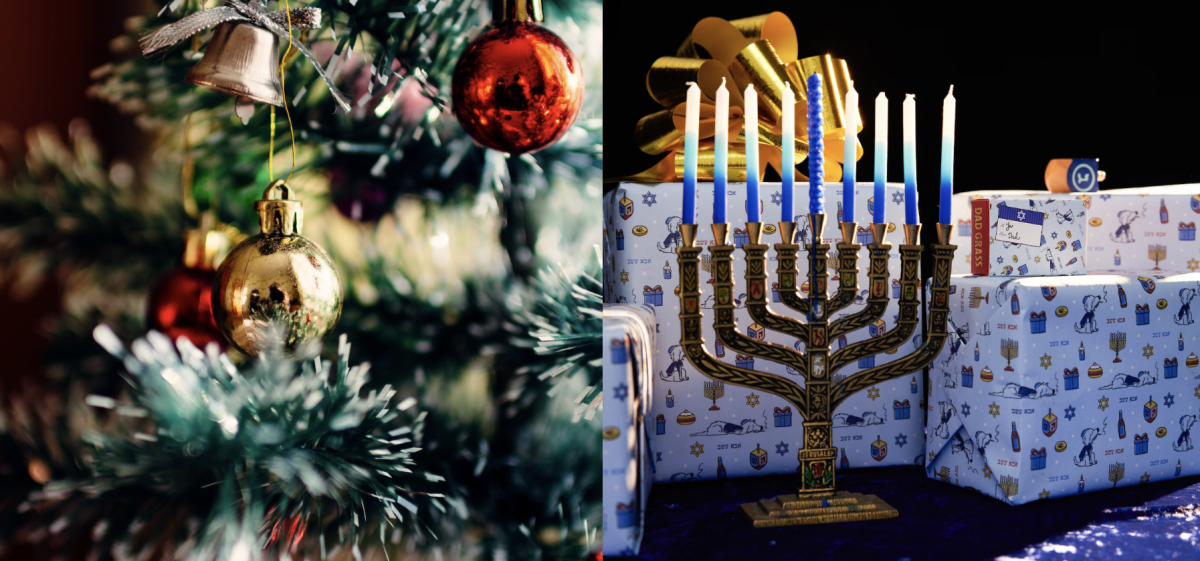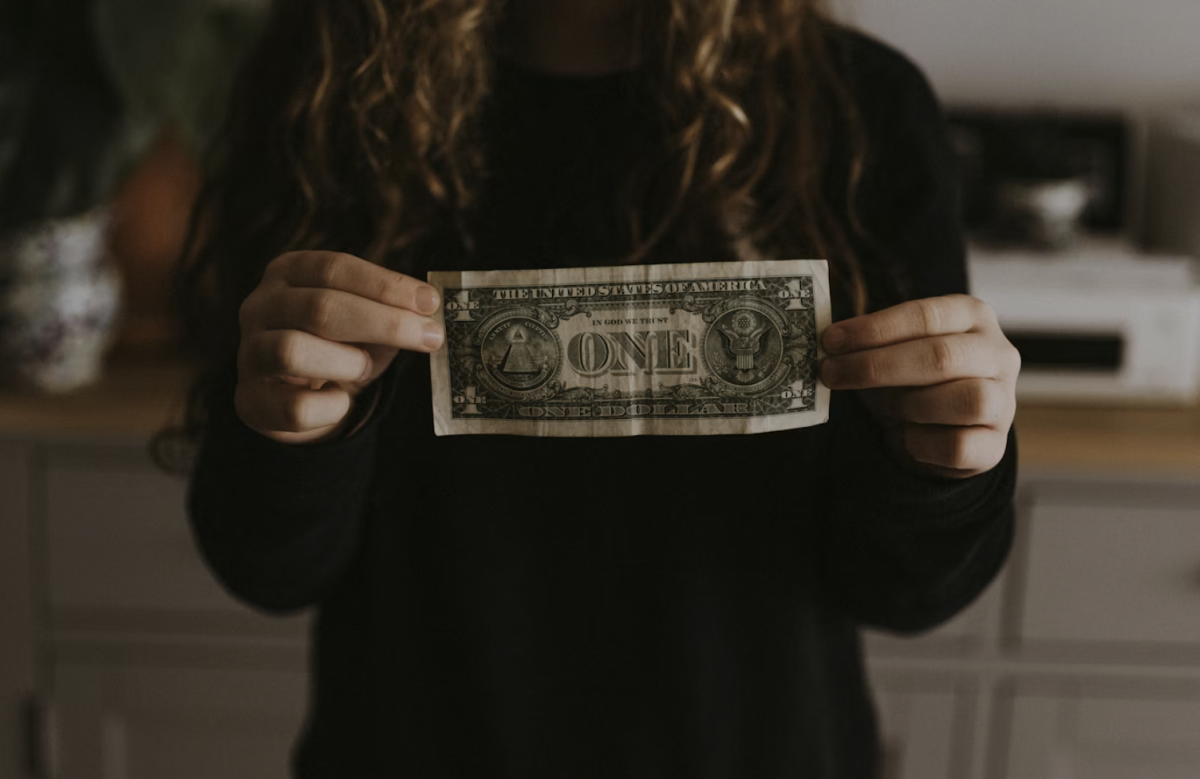Christmas (December 25)

Christmas is a celebrated holiday across more than 160 counties, some of which is the United States, France, Japan, and Italy. Saint Nick, also known as Santa Clause, is the traditional representation of Christmas. The tale goes, he would climb down your chimney, and bring gifts to children who have been nice the whole year and naughty children would get coal in their stocking if they have been bad the whole year. In return you would leave out cookies and milk for Santa.
During Christmas many decorate their house with lights, putting up Christmas tree with ornaments and decorations, share meals with love ones, exchange gifts, etc. However, Santa isn’t the origin of why we celebrate Christmas. The origin of Christmas is to celebrate the birth of Jesus Christ in Christianity. Christians would go to church in commerce of the birth of Christ and would share meals and be thankful on Christmas Day.
Hanukkah (changes every year)

Hanukkah is celebrated by the Jewish community. At night for eight days, families gather to light the menorah, read scriptures, and singing special hymns. The holiday is celebrated to honor the victory in 164 B.C. when the Maccabees (a group of Jewish people) liberated the Jewish Temple in Jerusalem by the Greeks who banned the practice of Judaism. They fought a 3-year long battle to liberate the temple and practice their religion.
Bodhi Day (December 8)

Bodhi Day is celebrated by Buddhists. It commemorates when Siddhartha Gautama became a Buddha. Japan and some East Asian countries also celebrate Bodhi Day. On this day, many celebrate by praying and reading scriptures (sutras). There are also tree decorations with colorful lights or candles to signify Buddha’s enlightenment.
Kwanzaa (Dec 26-Jan 1)

Kwanzaa is celebrated by African Americans and Pan-Africans, created by Moulana Ron Karenga in 1966. It is to celebrate the history, culture, and honoring their ancestors of African Americans and Pan-Africans descent. For seven days, they light a candle that represents Umoja (unity), Kujichangulia (self- determination), Ujima (work and responsibility), Ujamaa (cooperative economics), Nia (purpose), Kuumba (creativity), and Imani (faith). They also celebrate by doing traditions such as giving gifts to children, sharing talents, sharing meals with others, etc.
Boxing Day (December 26)

Boxing Day is celebrated by Great Britain, Australia, New Zealand, and Canada. On this occasion people have a day off from work and school. Families join together to share meals and take the time to attend sporting events or go shopping. The holiday originally was created by Queen Victoria, during the Victorian Ages, where the wealthy would box up gifts for the poor and servants. It was also the day where servants would have the day off to relax.







